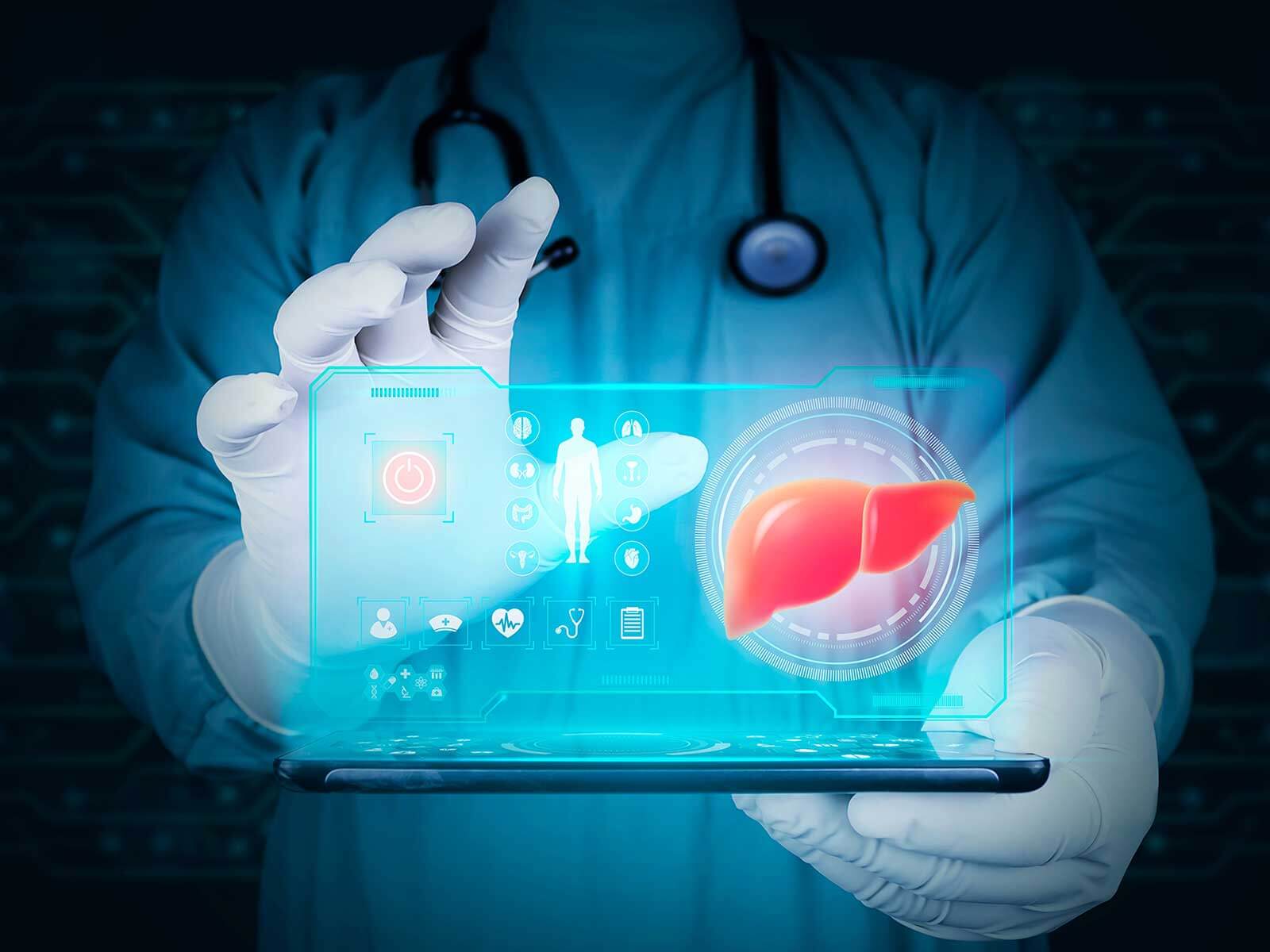
Hepatic fibrosis refers to the accumulation of scar tissue in the liver due to either repeated or chronic injury. The liver tries to make up but results in excess collagen and scar tissue which may ultimately hamper the blood circulation and functioning of the liver. Fibrosis may be slowed down or followed with reversal at an early stage before causing cirrhosis with its early detection and management.
In the early stages, you may not notice any symptoms. As fibrosis advances, you might experience:
Several factors can injure the liver over time and lead to fibrosis:
Our hepatitis A specialists at GastroDoxs in Jersey Village would integrate the front-line diagnostics with personalized and supportive care that would ensure that your liver heals. Physically, featuring customized nutrition and hydration, Vaccine recommendations and testing follow-up, we will do everything to keep you comfortable and recovering. Book it now and make an appointment and allow our care-giving team to restore you to your normal self.
We've successfully treated more than 2.7K patients, helping individuals improve their digestive health and overall well-being through expert, personalized care.
With over 20 years of experience, GastroDoxs has been a trusted provider of gastroenterology care, focusing on delivering the best outcomes for patients
Hepatic fibrosis is defined as scar tissue in the liver due to prolonged damage or inflammation. Over time, this scarring can impair liver function if left untreated.
The diagnosis is usually based on blood tests, non-invasive elastography (FibroScan), MRI or ultrasound imaging, and occasionally a liver biopsy to assess the degree of scarring.
Early-onset congenital hepatic fibrosis may present with an enlarged spleen, kidney malformations, high blood pressure in the portal vein (portal hypertension), and associated complications.
Initial signs may include fatigue, abdominal pain or pressure, poor appetite, unintended weight loss, itchy or dry skin, and jaundice (yellowing of the skin and eyes).
Yes. In its early stages, hepatic fibrosis is often preventable and sometimes reversible if the underlying cause is treated, lifestyle modifications are made, and damage is addressed promptly.
Fibrosis refers to initial or intermediate scarring that can potentially be reversed. Cirrhosis is advanced, widespread liver scarring, usually permanent and more difficult to treat.
Fibrosis is graded as follows: F0 - no scarring; F1-F2 - mild to moderate scarring; F3 - severe scarring; F4 - cirrhosis (severe and diffuse scarring).
Yes. Nonalcoholic fatty liver disease (NAFLD) results from fat accumulation in the liver and, if untreated, may progress to fibrosis and inflammation.
GastroDoxs in Jersey Village, with board-certified gastroenterologists and hepatology specialists, offers advanced diagnostic tools and treatments for managing hepatic fibrosis.
Hepatic fibrosis is liver scarring due to long-term injury. Management includes identifying and eliminating the underlying cause, making lifestyle changes (diet, exercise, alcohol abstinence), administering medications if necessary, and continuous monitoring to slow or even reverse the effects.